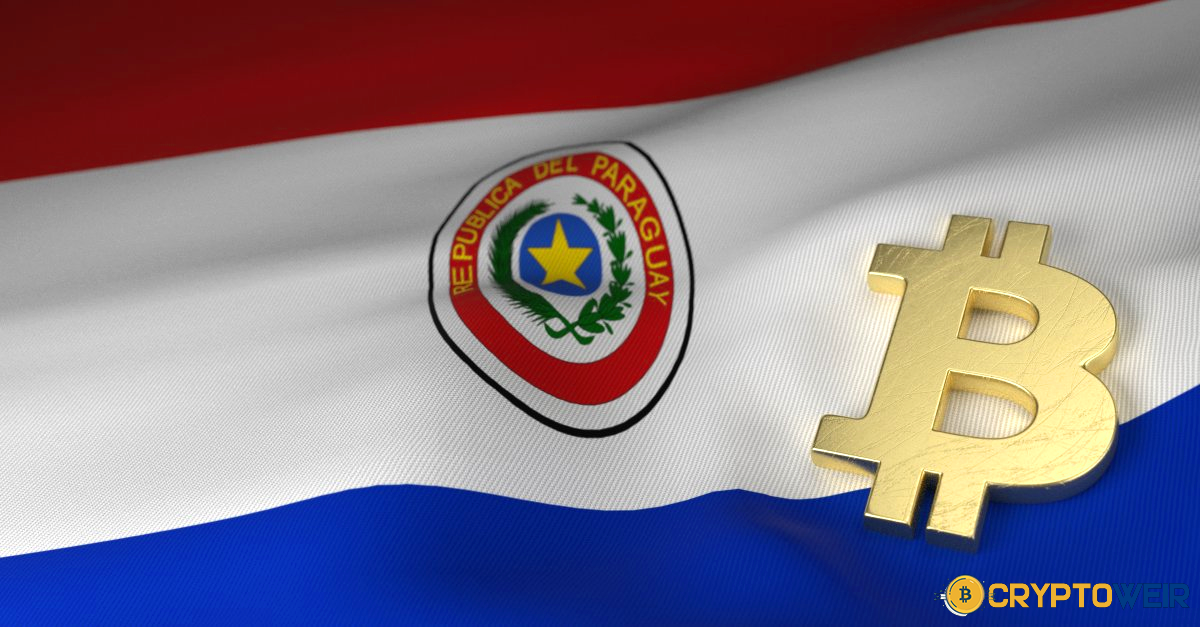Legislators in Paraguay Fail to Pass a Bill Regulating the Crypto Industry

Paraguay’s parliament put a halt to the country’s crypto initiative.
The lower house of Paraguay’s bicameral legislature, commonly known as the National Congress, the Chamber of Deputies, failed to pass the country’s “Crypto Law.”
The legislation would have established a regulatory framework for digital assets and cryptocurrency-related firms, including cryptocurrency mining.
On December 5th, the Chamber of Deputies of Paraguay held a conference to consider the benefits and drawbacks of permitting crypto mining in the country and enforcing cheaper electricity rates for the crypto mining business.
The Chamber of Deputies held a nearly five-hour meeting to discuss the volatility of cryptocurrencies such as Bitcoin (BTC) and the benefits crypto mining could bring to Paraguay. The session ended with a discussion of the failure of the crypto exchange FTX and the impact that a lack of regulations may have had on such a result.
Read More: https://cryptoweir.com/defining-a-concept-creating-a-new-paradigm-for-web3-in-2022/
Deputy Carlos Sebastian Garcia said the following at the meeting:
Crypto mining would create jobs, capital investments, municipal taxes, value-added tax, and many other good things for local economies. It is suitable to turn down the veto so that the field isn’t left open again, everything isn’t regulated, and an industry with a lot of potential and room for growth can have a place to start.
An alternative delegate, José Reynaldo Rodrguez, countered that the energy rate provided to cryptocurrency miners is “15% over the industrial rate.” To add insult to injury, the Deputy emphasized that “the people and the residents would be subsidizing the cost of energy.” At the same time, the state lost about $30 million per year because of the mandated reduced electricity tariffs.
During the vote, 38 lawmakers out of 80 supported giving the bill another look. In Paraguay, a motion needs the support of 41 Deputies to be deemed “passed” at the voting table. The final tally was nine parliamentarians who were against and 33 who were either absent, abstained, or cast a blank ballot.
The law was initially passed in July by the Paraguayan Senate. However, President Mario Abdo Benitez vetoed it in late August.




